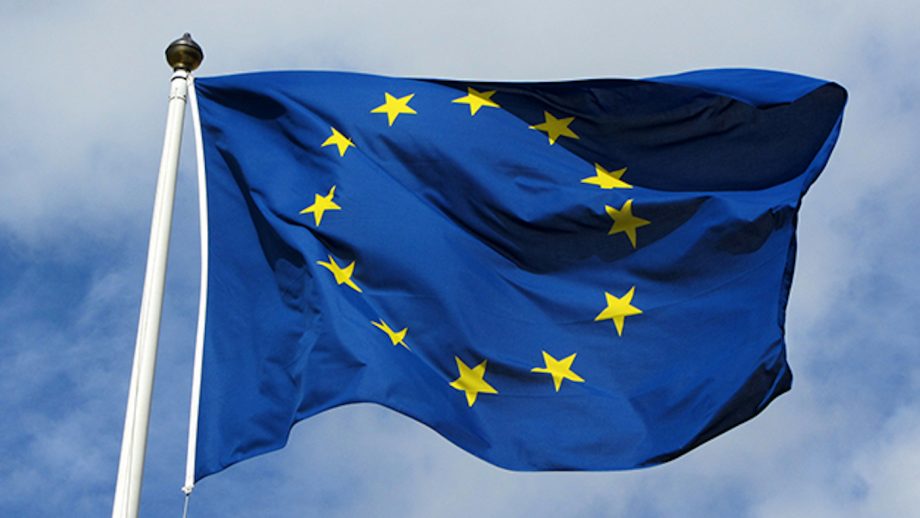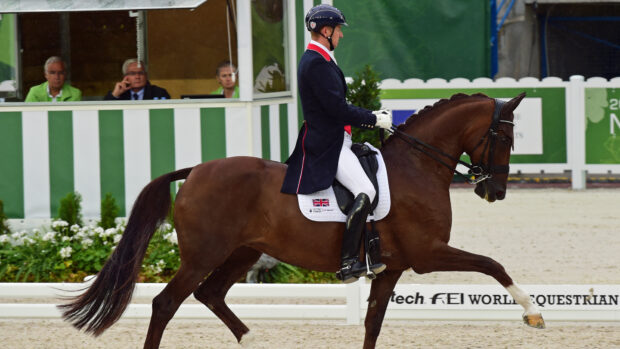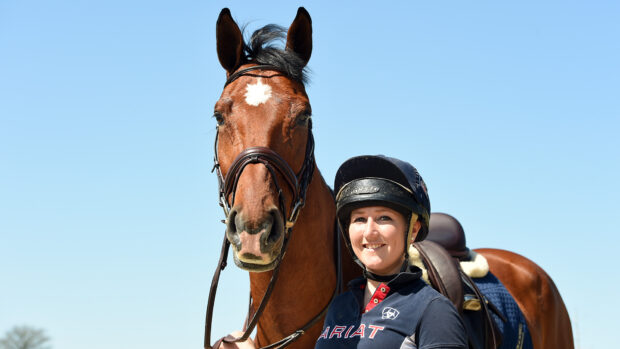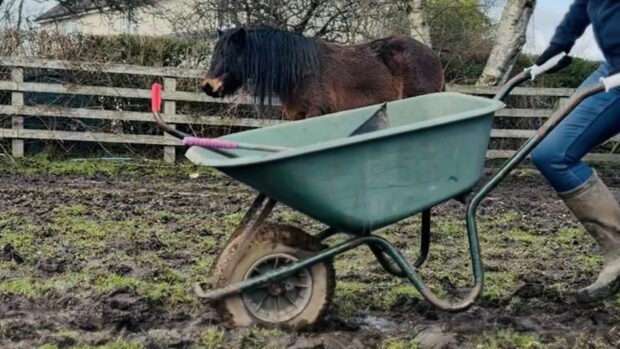A potential ban on moving horses from Britain to the EU in the event of a no-deal Brexit is unlikely, it is believed.
In government guidance issued today for the movement of equines should Britain leave the EU without a deal, it is stated that: “If the UK is not provided with listed status by the European Commission, no movements of equines from the UK to the EU will be possible after we leave the EU until listed status is secured.”
But Kevin Needham, managing director of international transporters BBA Shipping & Transport, does not believe this will be the case.
“The UK’s disease status won’t change when the clock ticks past midnight on the day we leave,” he told H&H.
“We’ll still accept horses from the EU because we know their disease status and they know ours; from a veterinary and scientific point of view, it would be a very unreasonable move.
“The health status of our horses won’t change and while I’m no fan of the EU, I do not expect it to behave that badly.”
Mr Needham added that while in the “letter of the law” there may be issues with HGVs travelling between Europe and Britain, again, all British lorries comply with EU regulations, and their quality will not change overnight.
“Ultimately, the politics will stop and business will take over,” he said. “If for example, Audi and VW can’t ship cars to Britain, the manufacturers will squeal and things will start to move – but I don’t think it will get that far.”
Defra said in its statement that leaving with a deal “remains the government’s top priority”, but that it is continuing with no-deal preparations to “ensure the country is prepared for every eventuality”.
“The guidance will help owners to navigate the new processes for moving horses and other equine animals from the UK to EU member states,” the statement said. “This will also apply to those owners who currently move animals between the UK, Ireland and France under the Tripartite Agreement (TPA) – an agreement relied on by many in the horseracing industry and the competition sector.”
Continues below…

Brexit ‘could be an opportunity for the equine industry’
Industry figures give their views on the impact Britain's Leave vote could have

Don’t lose your cool — how to survive the cross-country start box
Here’s some helpful pointers from New Zealand international event rider Jesse Campbell on how to keep both horse and rider

Subscribe to Horse & Hound magazine today – and enjoy unlimited website access all year round
Should the EU leave without a deal on 29 March, horses travelling from the EU may need extra blood tests, and owners will need to consult a vet at least six weeks before travel.
All equines will need export health certificates – some will also need a government-issued travel ID document – and will need to enter the EU via a border inspection post.
“The UK has already committed to allowing continued movement on all equine animals from EU member states to support the industries that rely on these animals and ahead of major horseracing events, such as the Grand National Festival at Aintree,” the statement said, adding that the government is negotiating on securing listed status for the UK, which would enable continued movement of horses to the EU.
Animal welfare minister David Rutley said: “This guidance will help businesses and owners prepare for life after 29 March if we do leave without a deal. However, it is in the interest of the EU to reciprocate our commitment on the movement of horses. This will ensure horseracing and competition events across the continent can continue to be attended by all of Europe’s top equine talent.”
British Equestrian Federation CEO Nick Fellows added: “The BEF has worked closely with government and leading figures in equestrian sport to make sure that all horse owners have as much information as possible for when the UK leaves the European Union. It’s important to prepare for all eventualities and we’d urge all horse owners to take notice of the material provided by Defra.”
For all the latest news analysis, competition reports, interviews, features and much more, don’t miss Horse & Hound magazine, on sale every Thursday.




